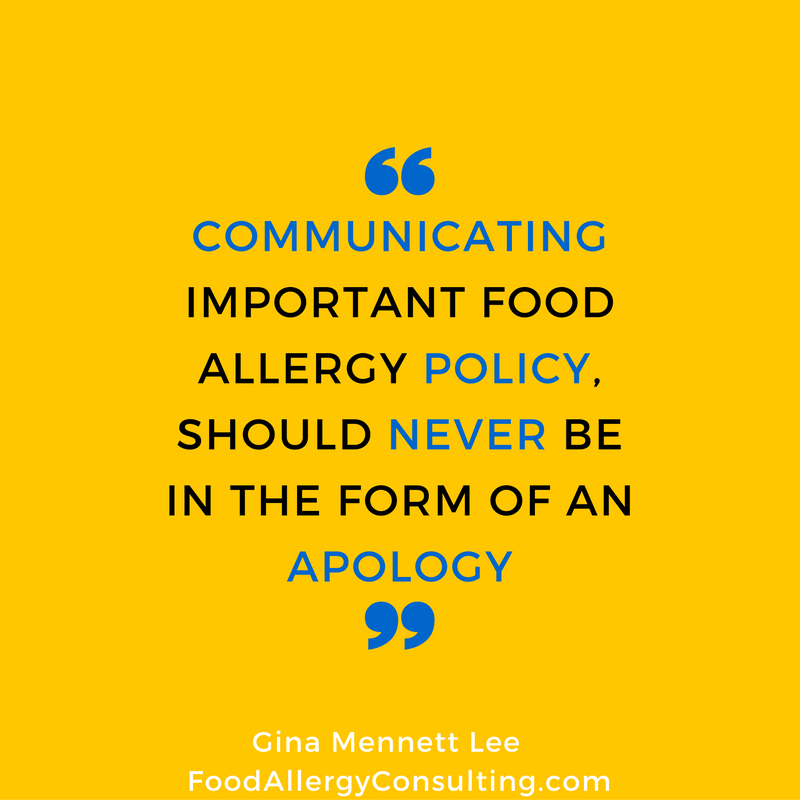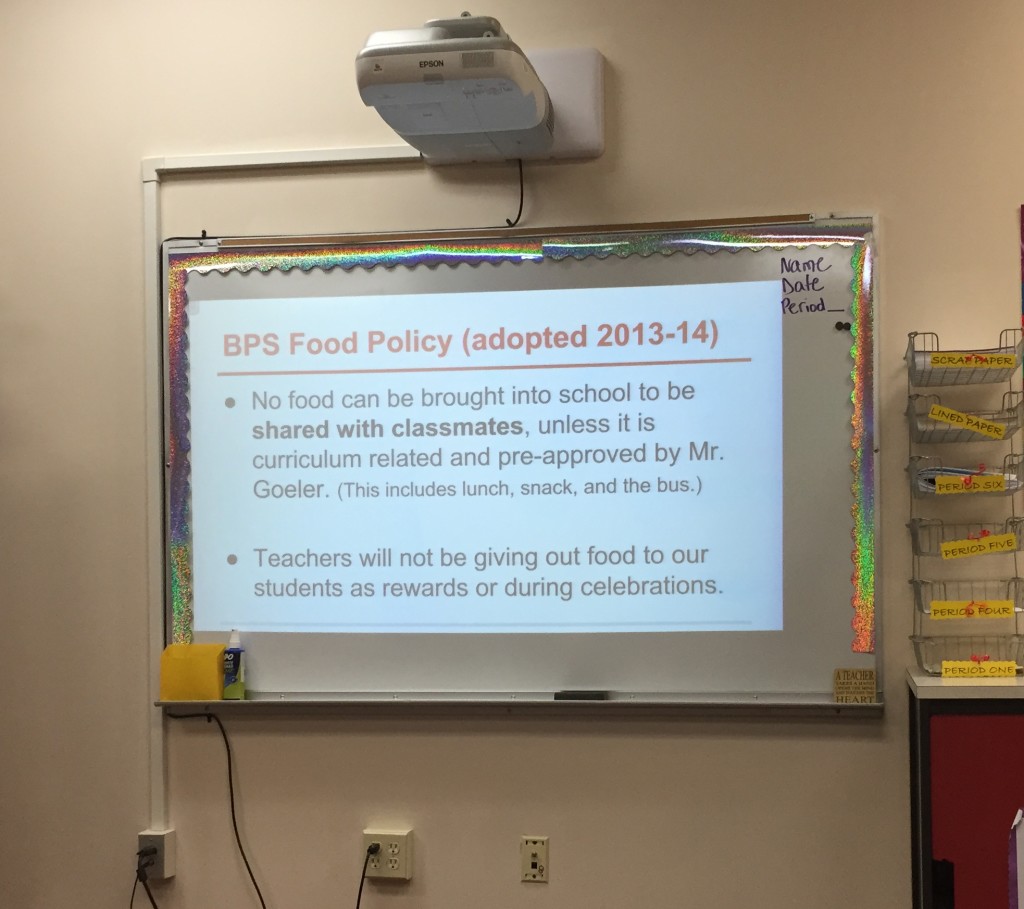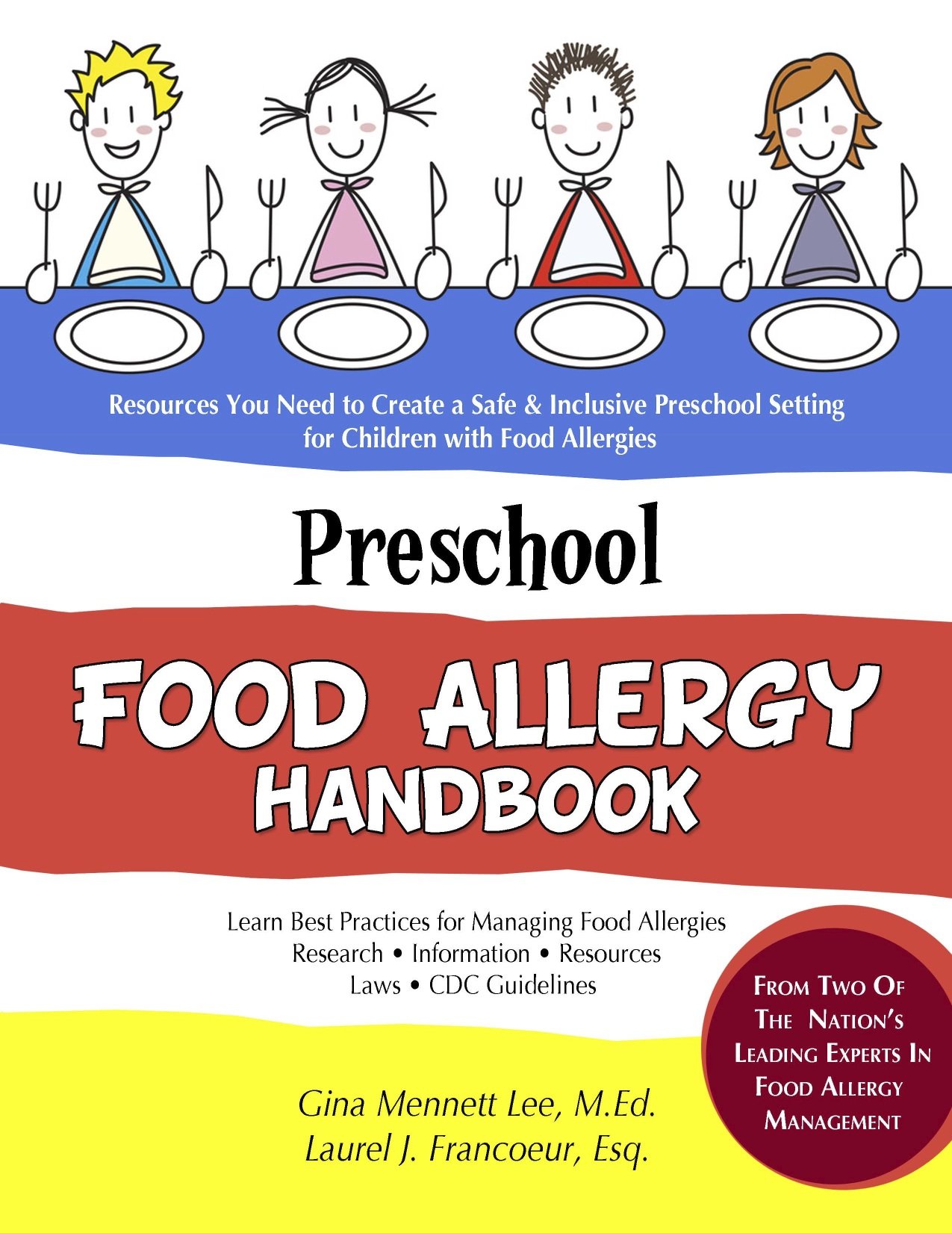 I am rejoicing as this year’s back-to-school night was the first in which there was no uncomfortable talk about food allergy policy, no snickers from the other parents, no knot in my stomach from holding back my frustration. It was the first time in all the years my daughters have been at school (that would be 11 solid years) that I just participated as any other parent.
I am rejoicing as this year’s back-to-school night was the first in which there was no uncomfortable talk about food allergy policy, no snickers from the other parents, no knot in my stomach from holding back my frustration. It was the first time in all the years my daughters have been at school (that would be 11 solid years) that I just participated as any other parent.
I left that night thinking about why this year was different and what we can all learn from it. I found that the difference was directly related to teacher tone, and acceptance. I normally cringe when the topic of food in the classroom comes up (as it invariably does at every back-to-school night). But food policy does not have to be a topic of contention. The acceptance of common sense rules is directly correlated to the tone in which they are discussed. If discussed in a matter of fact, definitive way it is more widely accepted.

Our back-to-school night went something like this. The teacher had prepared a Power Point presentation of curriculum topics, rules and expectations for the school year. The slide came up regarding food. On the slide was the written policy of the school district as well as the adoption date. The teacher calmly and confidently stated, “We will have no food for celebrations and parties and children should not be bringing food to share at lunch either. It our policy. No food. ” This is the point at which I normally start my yoga breathing in order to stay calm. But that was the end of discussion. There were no sighs, groans or questions. Just acceptance. Then the teacher moved onto the next slide.
One important reason the rule was accepted is that it was not presented as an apology. When we apologize for necessary actions to protect our children, we open up the rule for criticism. When it is stated as fact, it is accepted.
In the past, teachers would say things like, “Unfortunately because of the rise of food allergies, we can no longer have food celebrations,” or “I don’t agree with this rule but I guess we can’t have food anymore.” This made some parents of children without food allergy feel as though it was something to be upset about rather than a rule put in place for the safety and inclusion of all children. It also made the parents and loved one of those with food allergy feel angry and unsupported.
I have to admit that there is another reason the rule was accepted and that is time. It is a few years into the adoption of the rule and I do think think that makes a difference. It is important to note that although there may be some bumps along the way, with patience, clear communication and consistent messaging new rules can and do become the norm.

